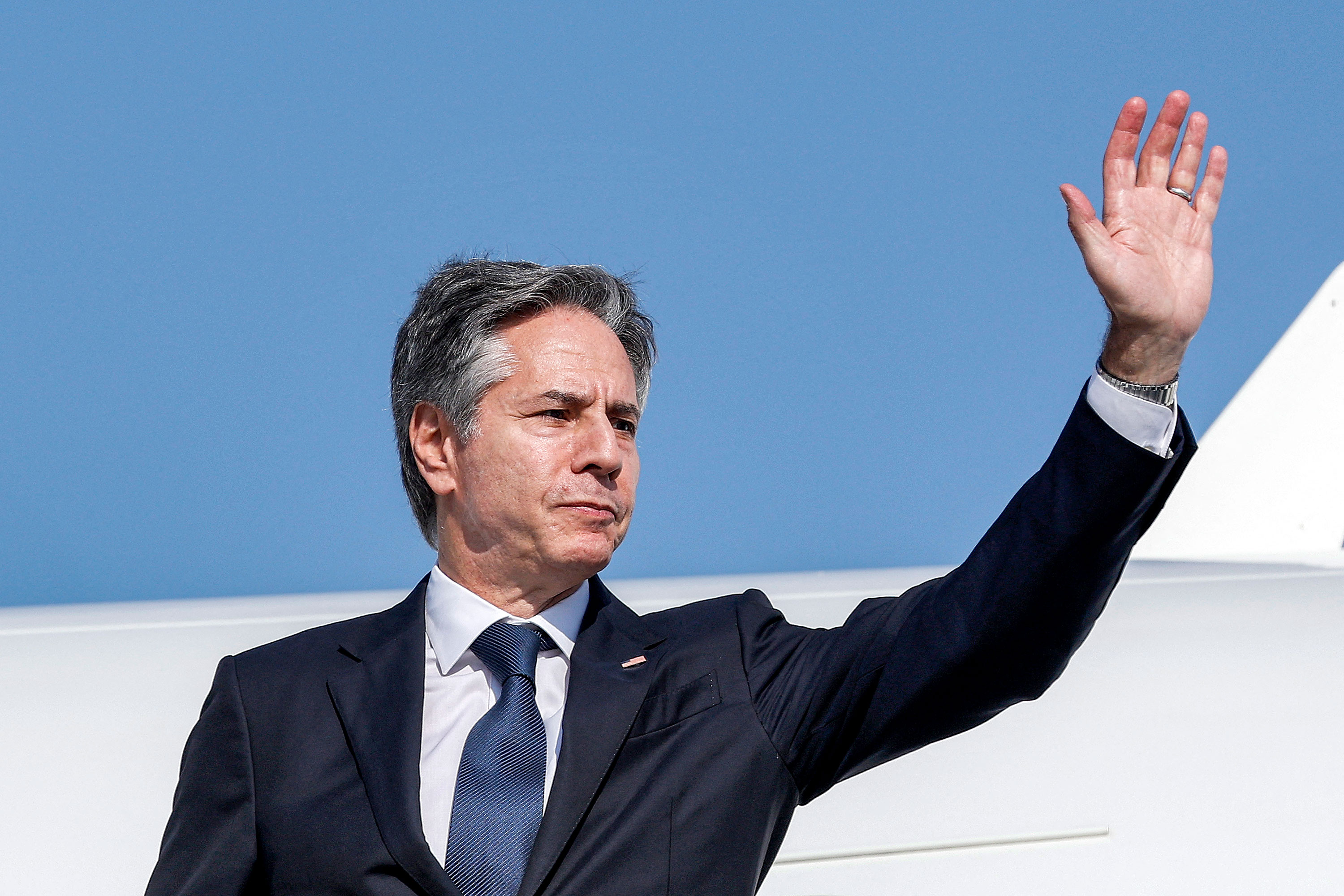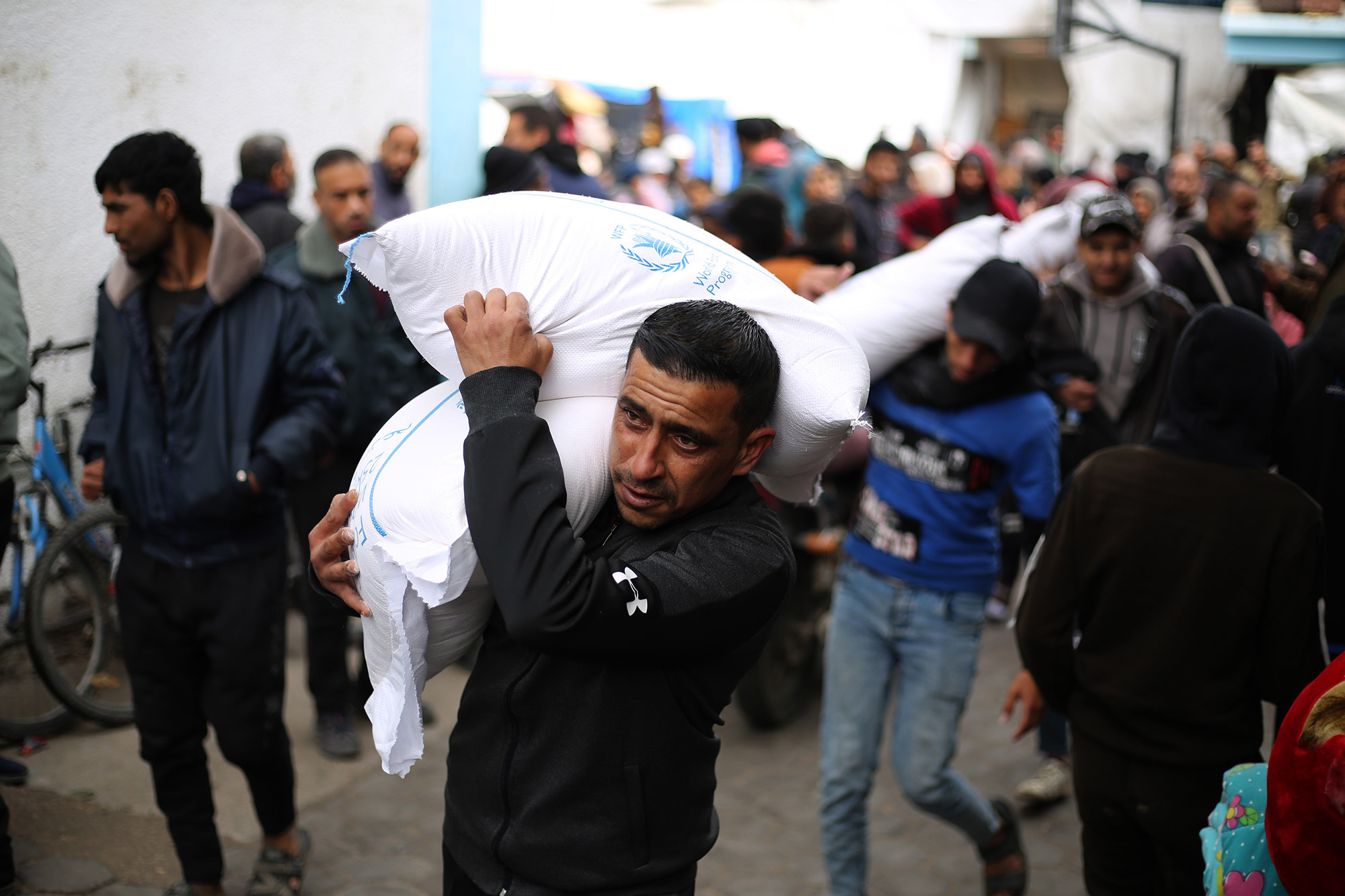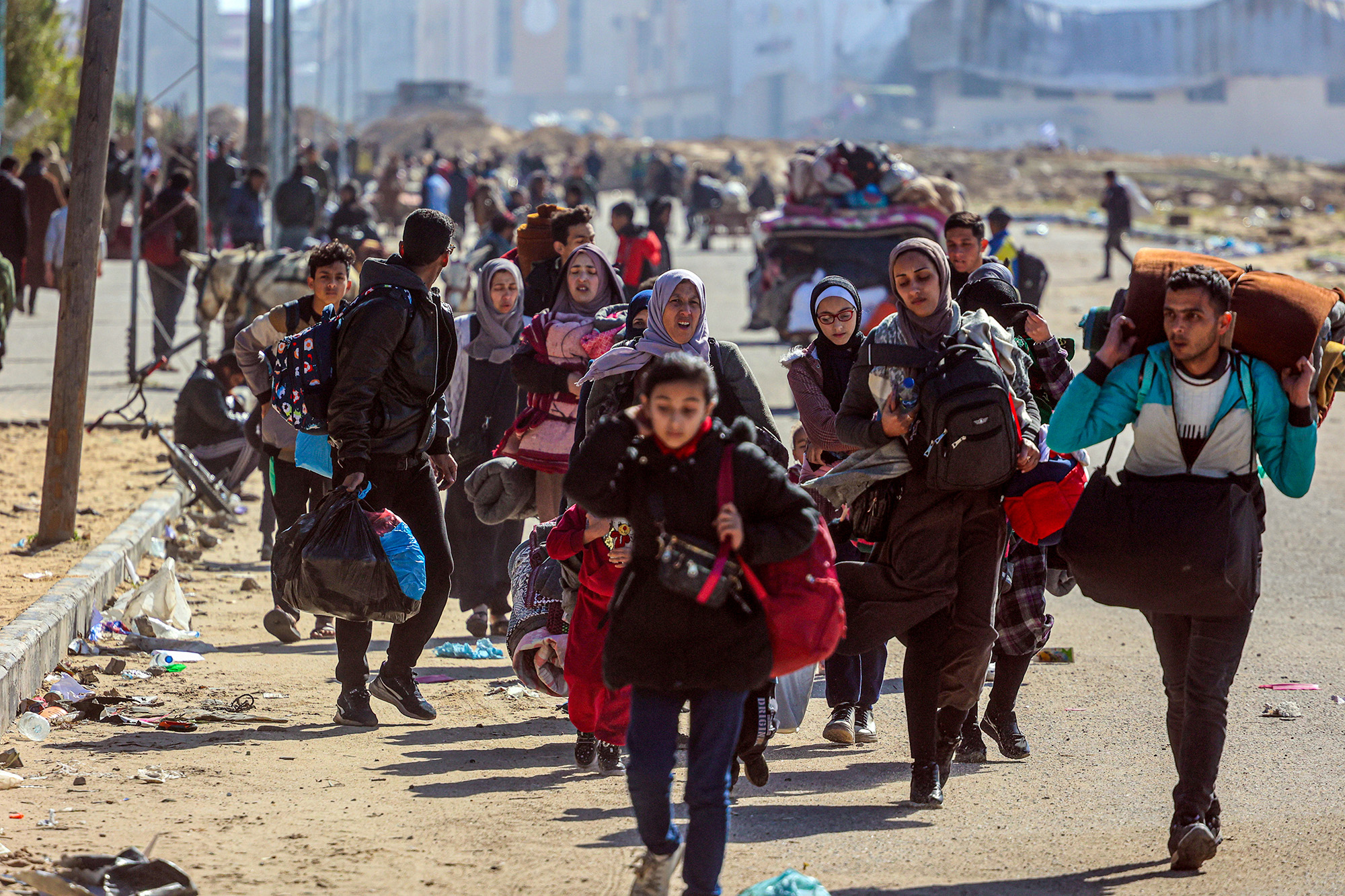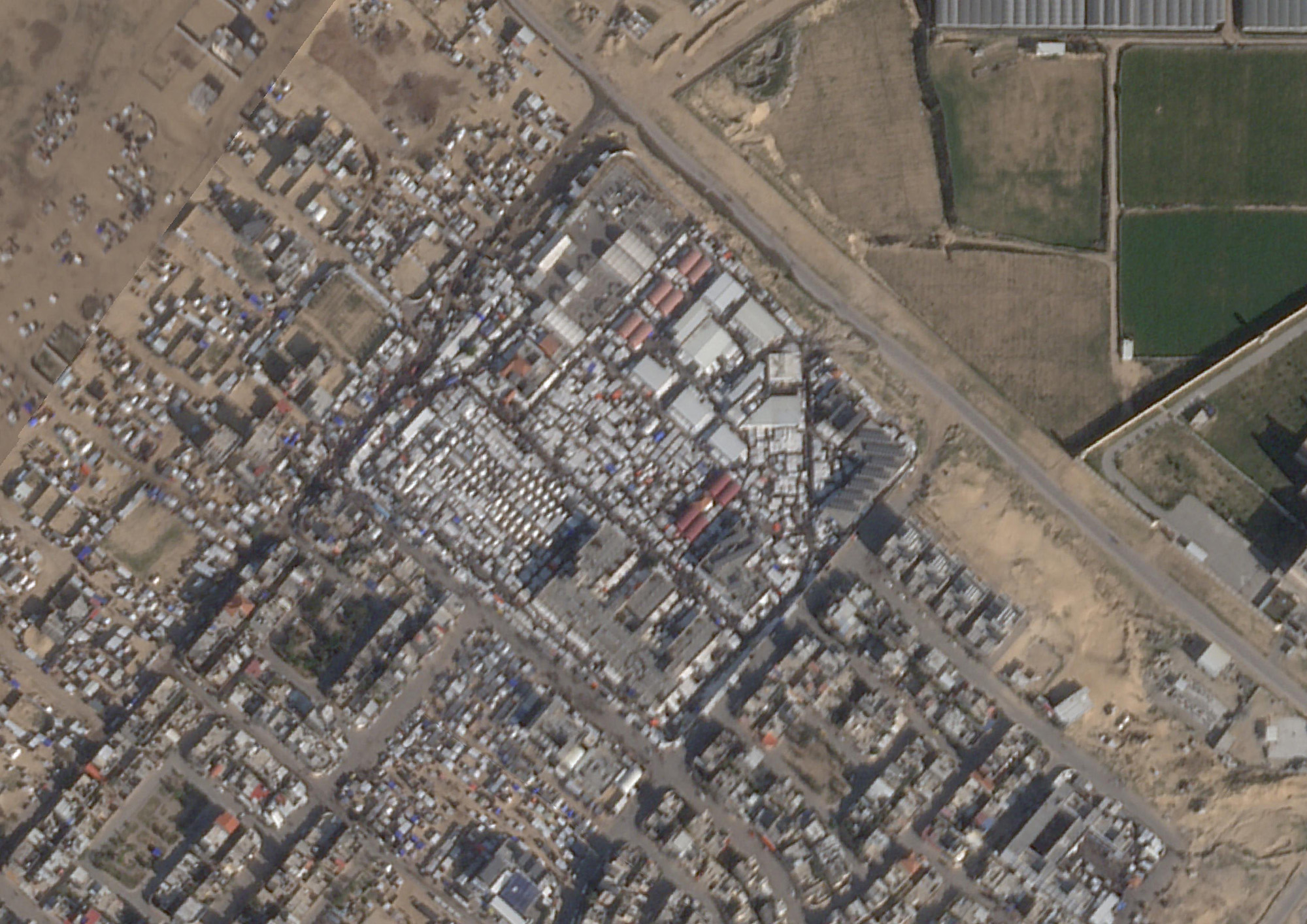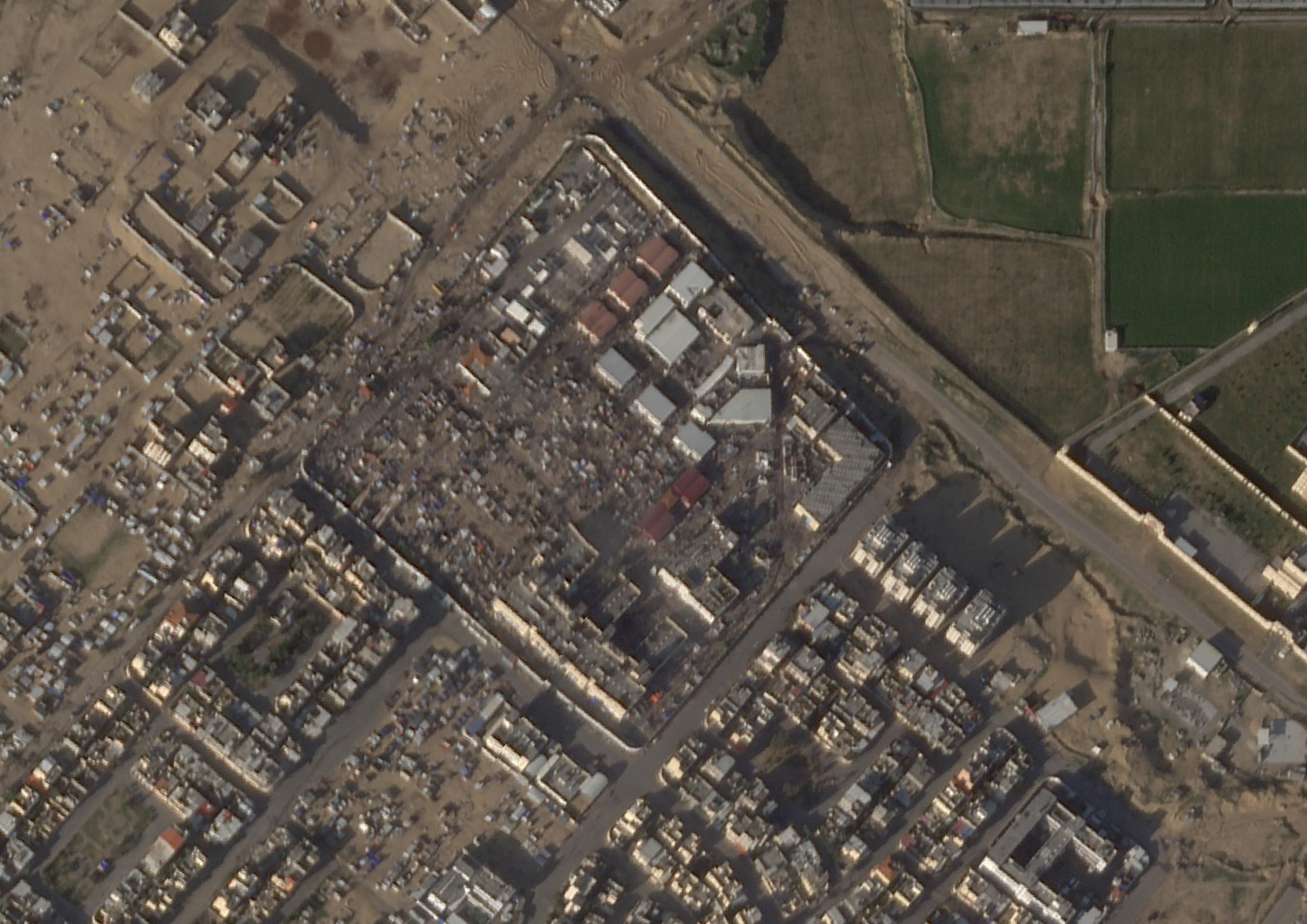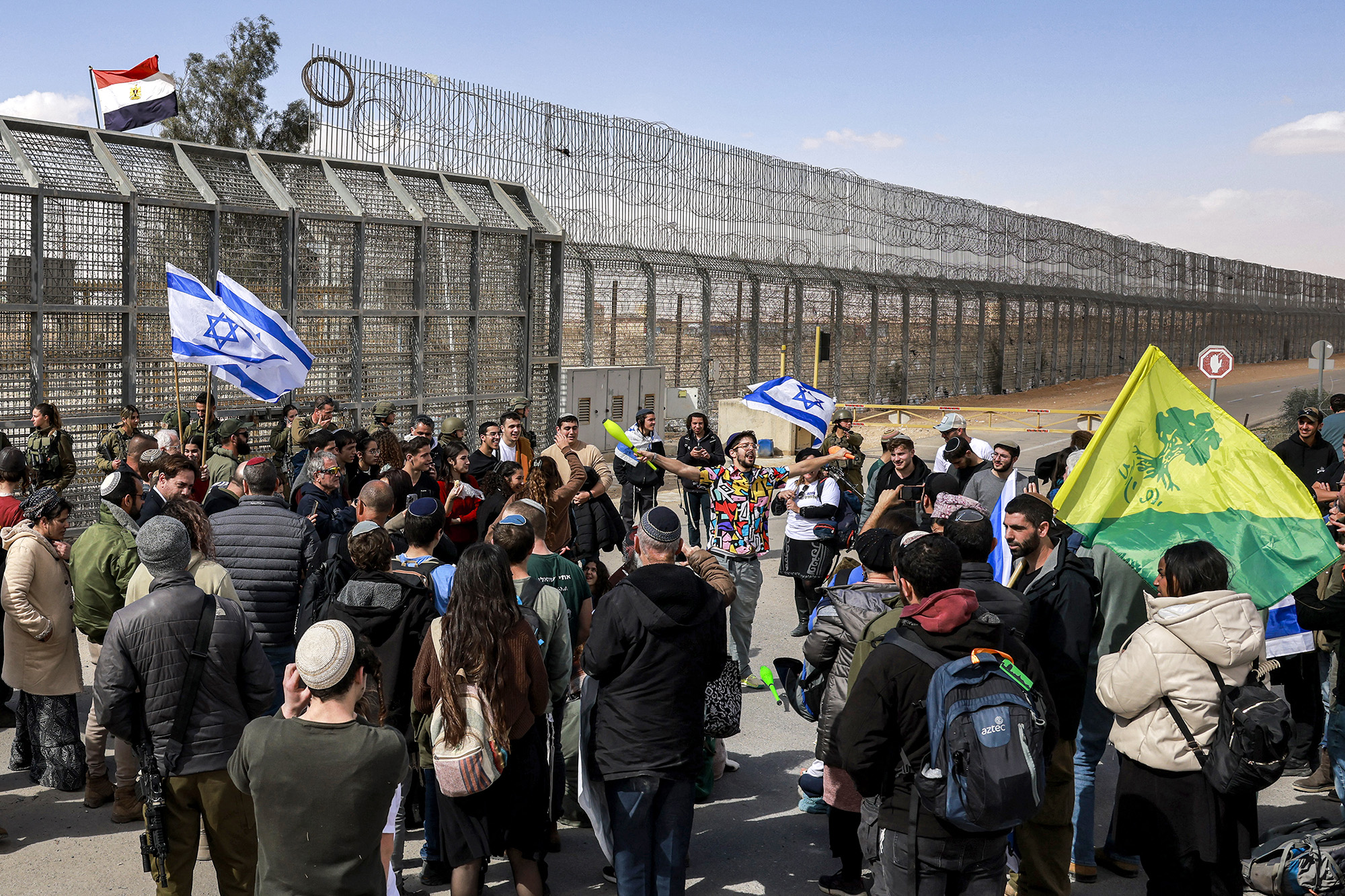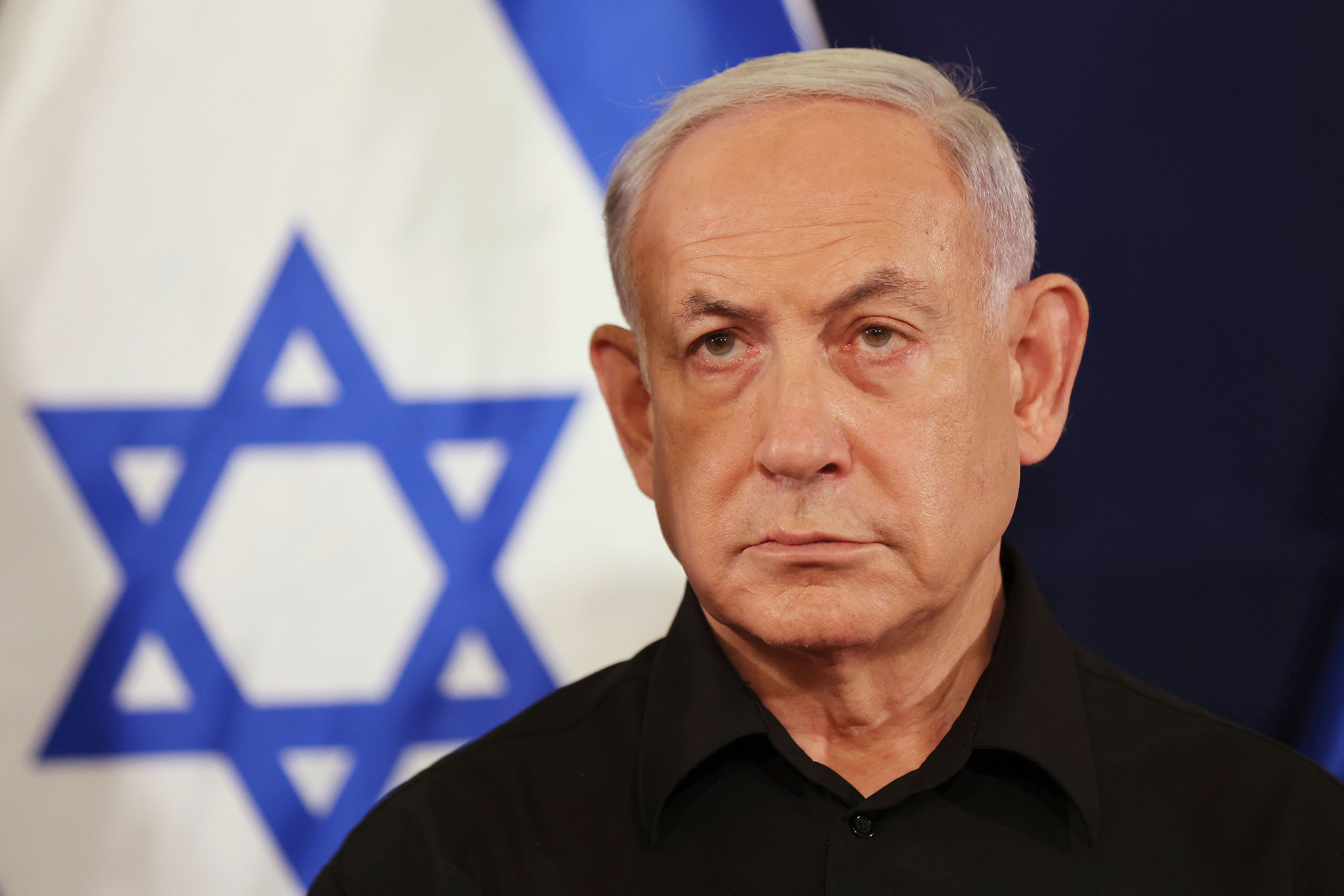
Israel's prime minister is assuring the families of Israeli hostages still being held in Gaza that he is "making every effort" to get them back. It comes as hostage talks, mediated by Qatar, are still ongoing.
"I ask you to understand that we are truly committed in the full sense of the word, this is not said from the tongue to the outside. It's a real effort. Not fictitious and not for some appearance — but out of our commitment to return everyone," Benjamin Netanyahu said in a meeting with representatives from 18 families at his office in Jerusalem Wednesday.
In terms of an agreement to release hostages, Netanyahu said he could only share limited information and that it was "too early to say how it will take place." Still, United States National Security Council spokesperson John Kirby said that "talks surrounding the subject have been constructive."
Netanyahu has said he would not agree with Hamas' demands to release thousands of Palestinian prisoners and withdraw from Gaza to secure the release of the hostages. And his far-right coalition partners, National Security Minister Itamar Ben Gvir and Finance Minister Bezalel Smotrich have sharply criticized the potential deal.
